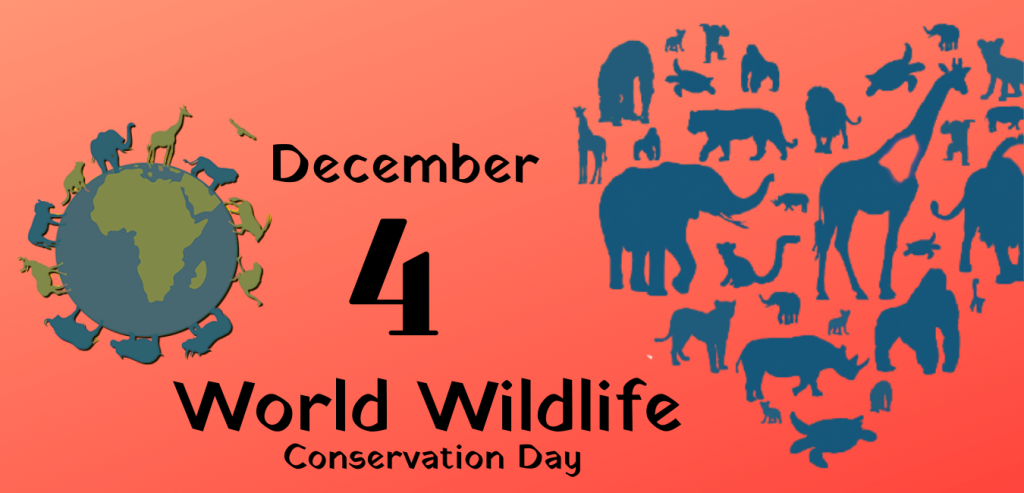Exotic pets are people’s escape from the norm. In the attempt to match up to a sheikh owning a falcon, we often overlook not just the needs of the animal itself but also the consequences and the what ifs. Today, December 4th, is observed as World Wildlife Conservation day globally and in honor of the event, we want to talk about the very basic research that needs to be done when bringing home an exotic species as a pet and the said consequences of the what ifs.

When bringing home an exotic pet, the priority is to determine the quality of life for the animal. Ask yourself-
- Can you provide the pet suitable conditions as its natural home?
- Can you provide them their basic diet?
- Can you re-home or release them if things don’t go as planned?
Now that you know all that you can do for your pet, do some research about what hold does the law have over it.
- Is the pet legal in your country? What are the laws and regulations? (For more information on the laws, visit http://legislative.gov.in/sites/default/files/A1972-53_0.pdf )
- Can a legally bought pet still be confiscated?
Don’t forget to do a thorough research on nutritional needs of your pets. Whether they are herbivorous, carnivorous or omnivorous. Look for options to supplement their diet with nutrients that are lacking.
When it comes to rehabilitate your pets you should ensure that the home they are going to should be able to fulfill their basic needs like their feed, mental health and they should not be in any discomfort.
Always check with your vets and state wildlife departments for any special laws on owning an exotic species. For example, If you own a ball python, sugar glider, marmoset, scarlet macaw etc. in India you have to declare it to state wildlife warden.
You should always check for the schedule of CITES in which the species that you are going to own falls. How is that species brought into your country, whether it is illegally trafficked or brought through custom clearance?
Your exotic pet can be confiscated if it falls under appendix 1 and appendix 2 of CITIES or if brought illegally. Under appendix 3, your pet can be confiscated if the authorities can make a case of animal abuse against you or if the species has been declared illegal to own by the state wildlife department for the fear of becoming invasive and posing a threat to the native species or if it has a significant zoonotic relevance.
The species are usually confiscated by state wildlife department or by an organization in the presence of state wildlife official and wildlife veterinarian. Once confiscated, they can’t be released in the wild for the fear of alien species invasion and destruction of native flora and fauna.
Covered in the midst of this pandemic, an example of alien species invasion comes from the personal collection of the drug lord Pablo Escobar. He wanted a zoo in his house and he brought several exotic and wild species in his home. Along with them, he brought hippos. After his demise, the ownership of the place shifted from one person to another and the hippos grew continuously becoming a problem not just for the nearby farms but also a threat to people’s lives and the endemic species.

Make sure to never handover your pet to an organization that claims to release the animal into wild and in the absence of wildlife officials. If an organization is bullying you, you should report them to the police and state wildlife department.
If you handover the pet to an organization, you are allowed to contact the wildlife officials and animal welfare organizations for updates about your pet. You should make sure that if the organization is keeping your pet in a shelter, their quality of life is better than what you could provide. Always make sure the organization has qualified veterinary professionals working for them.
With illegal hunting and poaching already costing us the loss of many many species, we cannot afford to lose more for the lack of awareness. This world wildlife conservation day, let us spread the word, educate not just ourselves but also those around us and try and preserve the ecosystem as best as we can!
